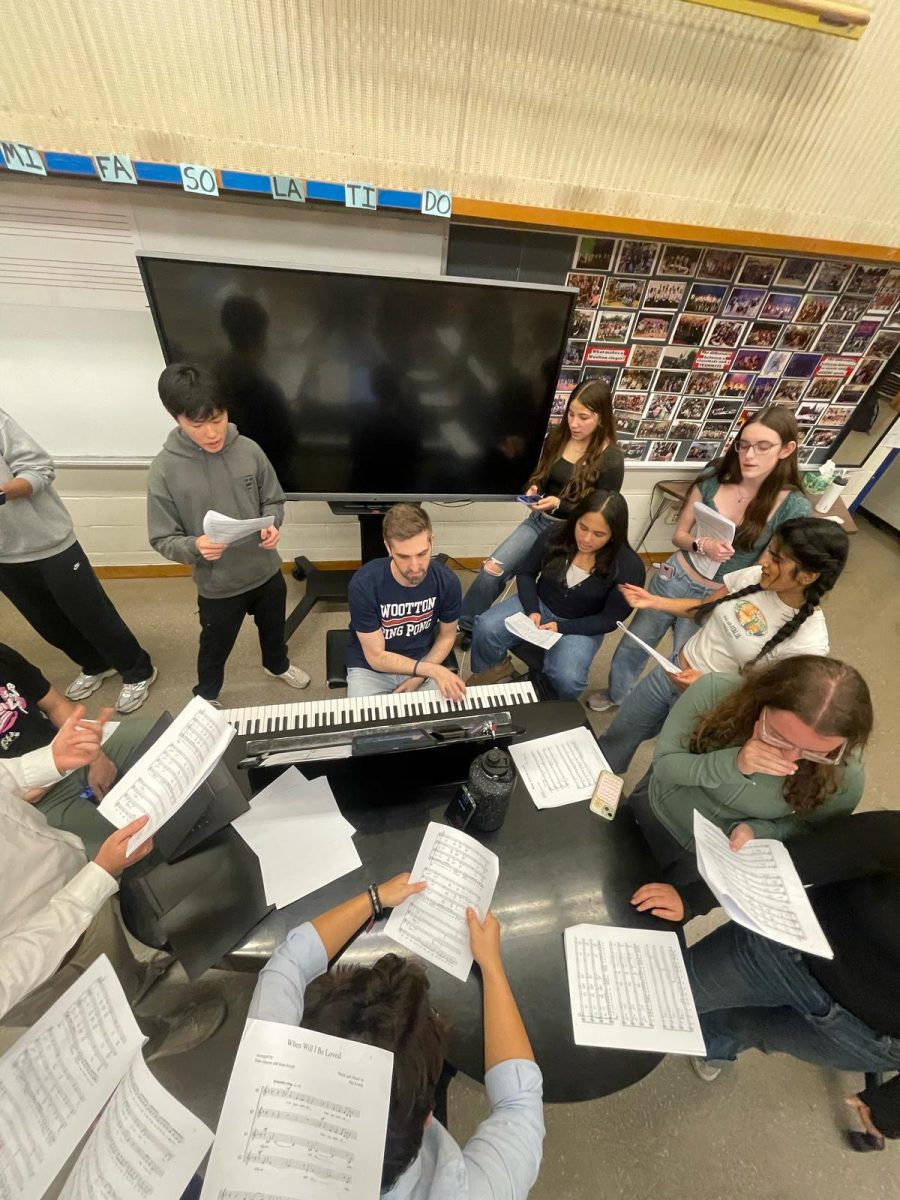“Roundhay Garden Sequence,” with its runtime of just two seconds, was released on Oct. 14, 1888, and is deemed the oldest known film in history. On Oct. 6, 1927, the first film with audio sound was released, starting the age of filmmaking. Among the many firsts in the film industry was the first occurrence of gender stereotyping in the 1930s, when the film industry was dominated by men who looked down on their female coworkers. More recently, movies, genres, and the movie industry itself have all been gendered. Romance movies have been stereotyped to be feminine while sci-fi movies are marketed for men. But this is not right.
These beliefs are outdated and harmful to society as they enforce stereotypes and make young girls and boys feel as though they must succumb to them. A recent occurrence of this is the fight between the movies “Barbie,” directed by Greta Gerwig, and “Oppenheimer,” directed by Christopher Nolan.
“Barbie” and “Oppenheimer” were movies that seemed to be stereotyped and marketed to specific genders, despite the fact that when movies are non-specific to gender, it greatly improves their marketing and profit. People of all genders attended both movies, which collectively grossed over $1.8 billion. “[Barbie] has instantly become the biggest debut ever for a film directed by a woman,” according to Statista.
As someone who has seen both movies, they were both excellent and deserved their success. Regardless of how they seemed to be marketed, viewers of all genders could and did enjoy both movies. Actor Cillian Murphy, who plays J. Robert Oppenheimer in an interview with Forbes said, “It’s fantastic that this film has been released in July. I’m going to see Barbie too. I think it’s great for cinema, and great for audiences, that this is happening.”
Both movies were released on July 21, causing the public to compare and judge people for which movie they decided to see first. There have been controversies throughout all of social media about whether boys can see “Barbie” and if girls should see “Oppenheimer.” “The “Barbie” movie offers insightful social commentary on the gender binary and the patriarchy. Ken learns about these concepts and defines himself outside his relationship with Barbie,” gender specialist Rebecca Minor said in an article for Insider, “While it’s a fun film to see with girls, it also provides great conversation starters for boys.”
Despite this, society still believes that gendered stereotypes should be kept in place. In an article by Frontiers, three scientists, Peter Wühr, Benjamin P. Lange and Sascha Schwarz came together to test the theory about gender stereotypes in movie-genre preferences. They performed two studies. In study one, “female and male participants rated the extent to which 17 movie genres are preferred by women or men,” and in study two “another sample of female and male participants rated their own preference for each genre.”
The studies concluded that gender stereotyping in cinema is real and society often falls victim to it. “To assess the accuracy of gender stereotypes on movie preferences, we compared the results of both studies and found that the majority of gender stereotypes were accurate in direction but inaccurate in size,” Wühr, Lange and Schwarz said.
In short, although gendered media has been around since the early 1900s, movies can and should be enjoyed by everyone. We should not be limited by what society thinks girls should watch or what they think boys should enjoy.







![The 2025-2026 Editorial Board Alex Grainger, Cameron Cowen, Helen Manolis, Emory Scofield, Ahmed Ibrahim, Rebekah Buchman, Marley Hoffman, Hayley Gottesman, Pragna Pothakamuri and Natalie Pak (Chase Dolan not pictured) respond to the new MCPS grading policy. “When something that used to be easy suddenly becomes harder, it can turn [students’] mindset negative, whereas making something easier usually has a better impact. I think that’s where a lot of the pushback comes from. But if you put emotions aside, I do think this change could help build stronger work ethic,” Ibrahim said.](https://woottoncommonsense.com/wp-content/uploads/2025/09/fqr5bskTXpn0LRQMmKErLuNKdQYBlL726cFXBaWF-1200x900.jpg)
